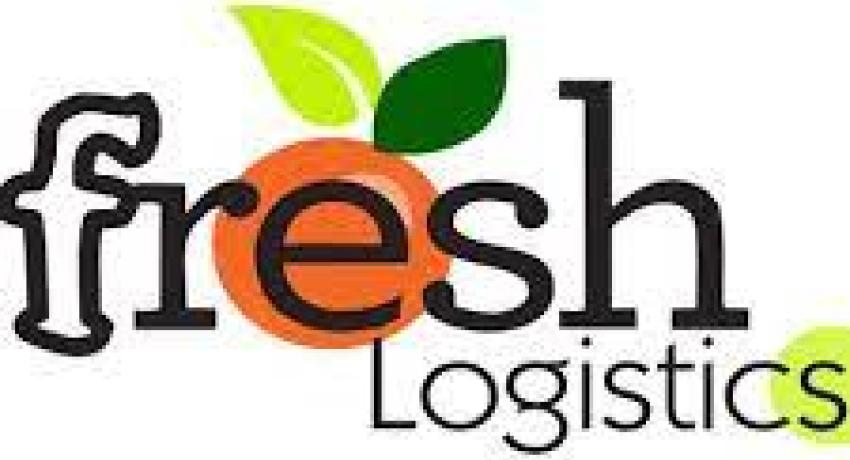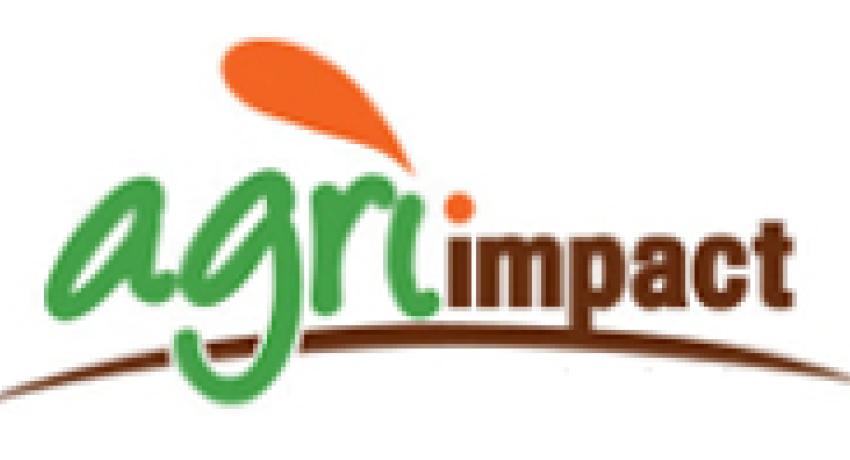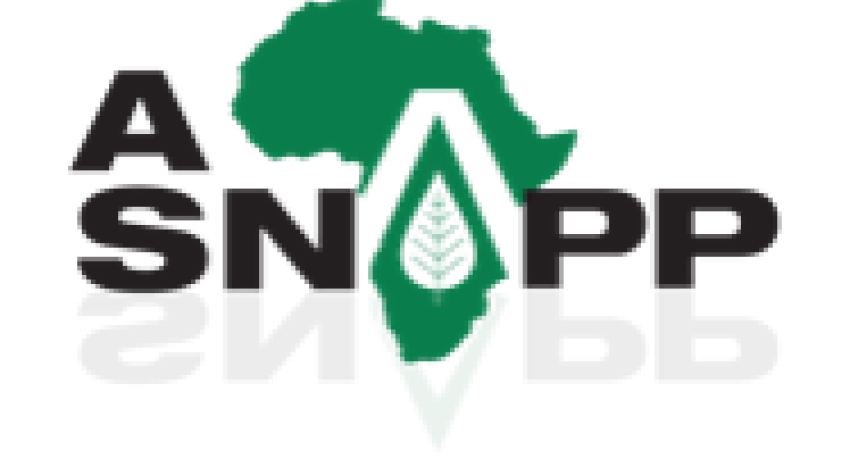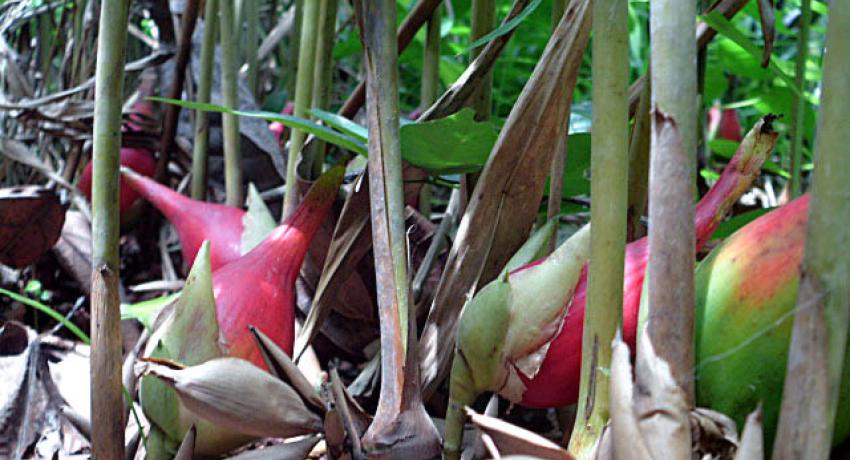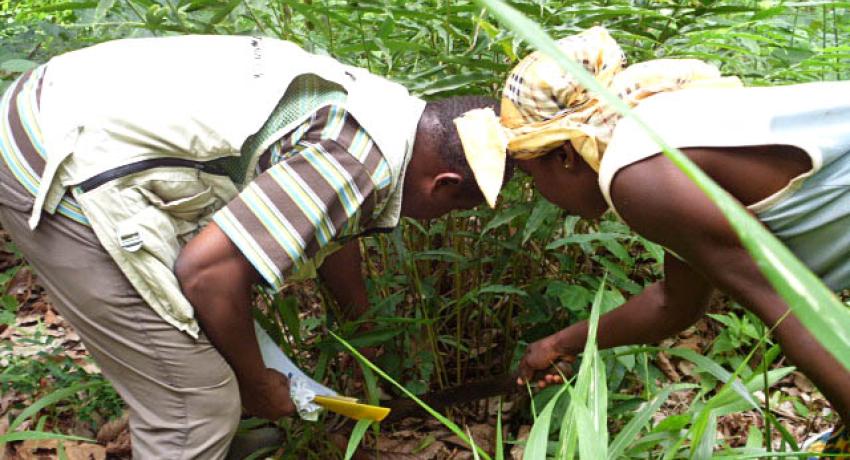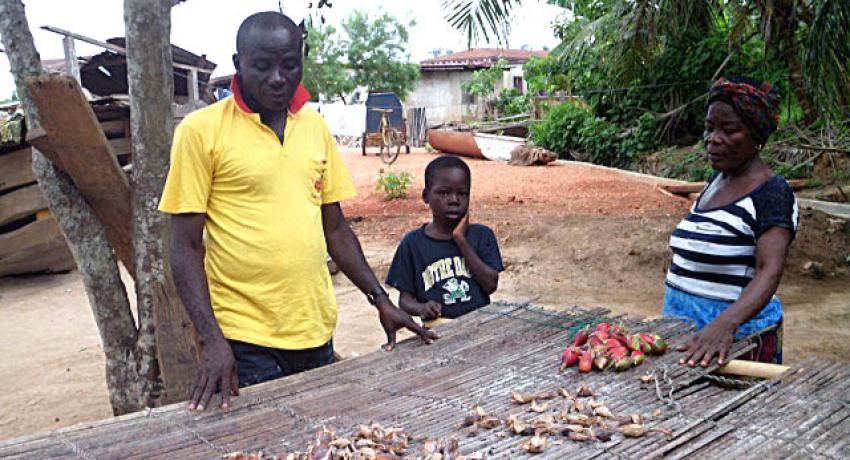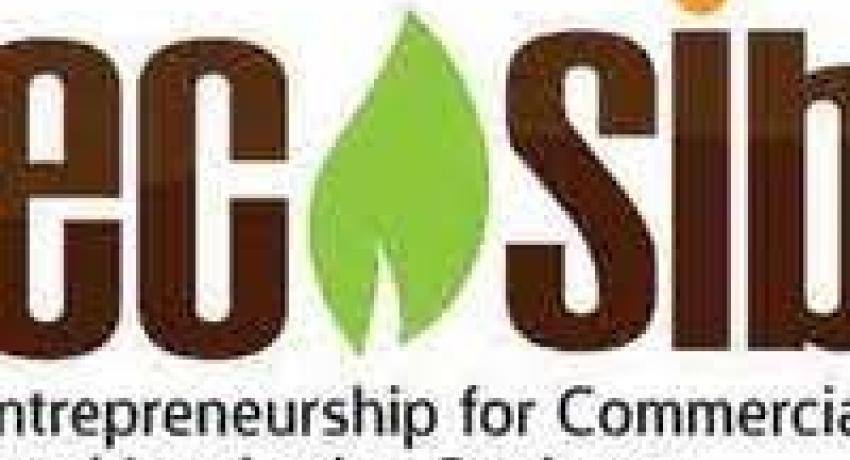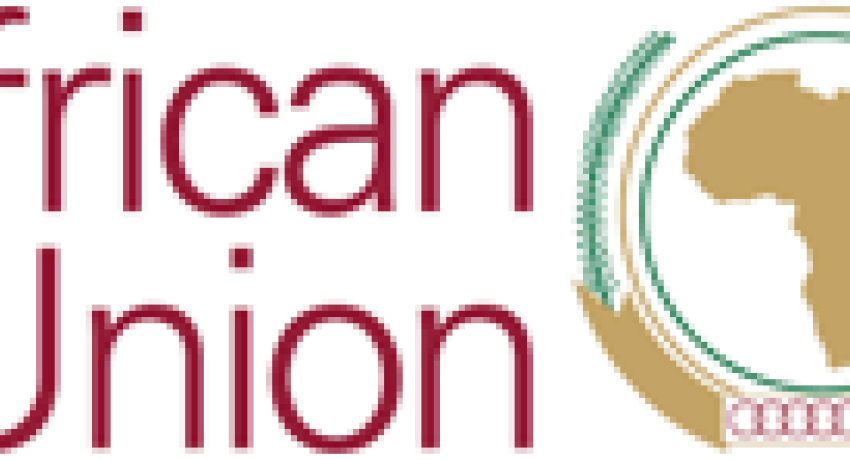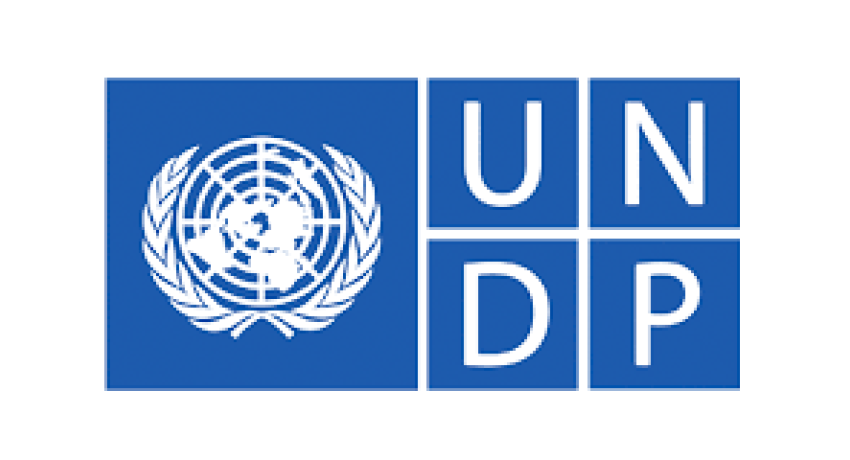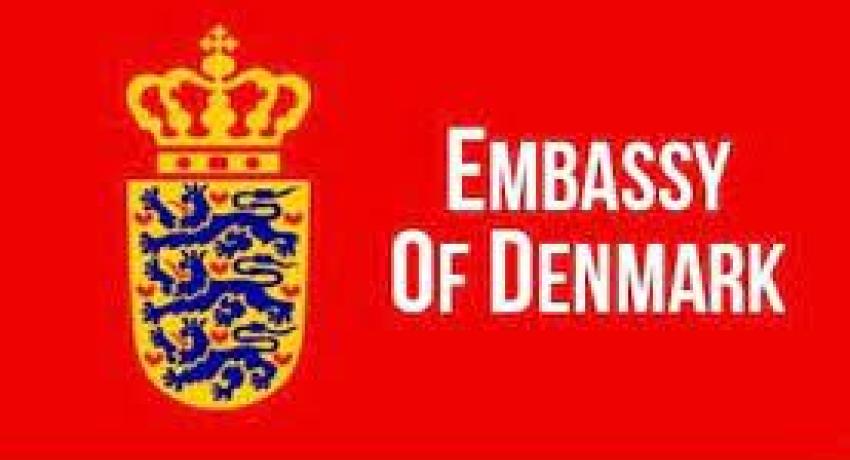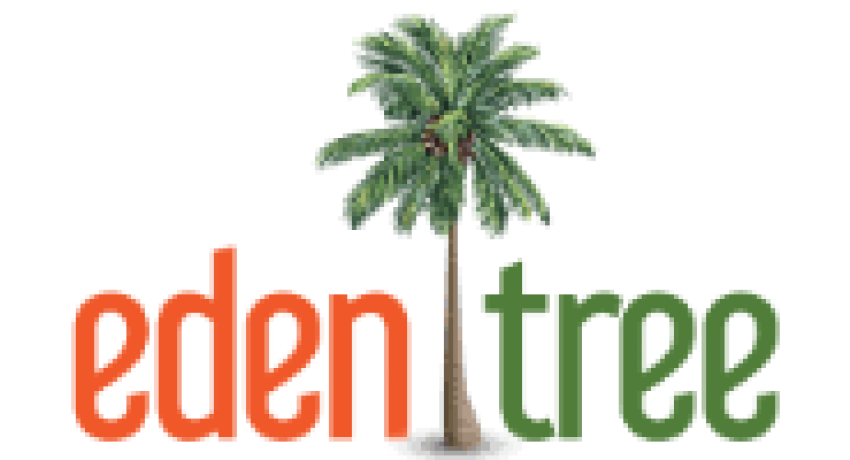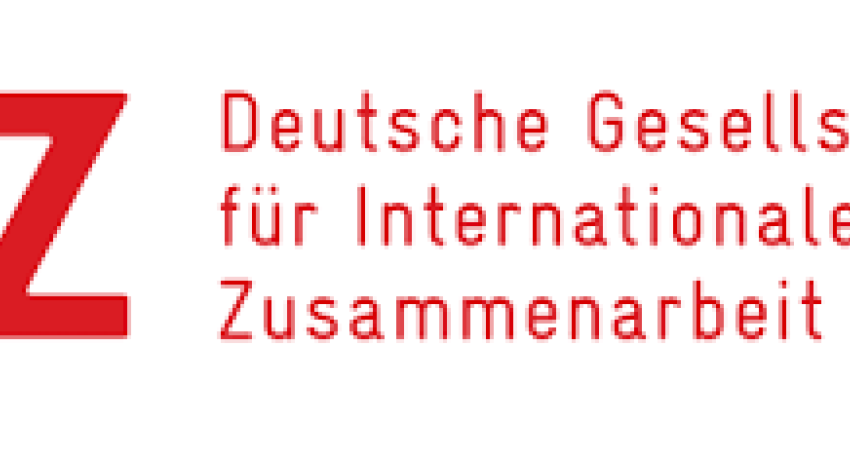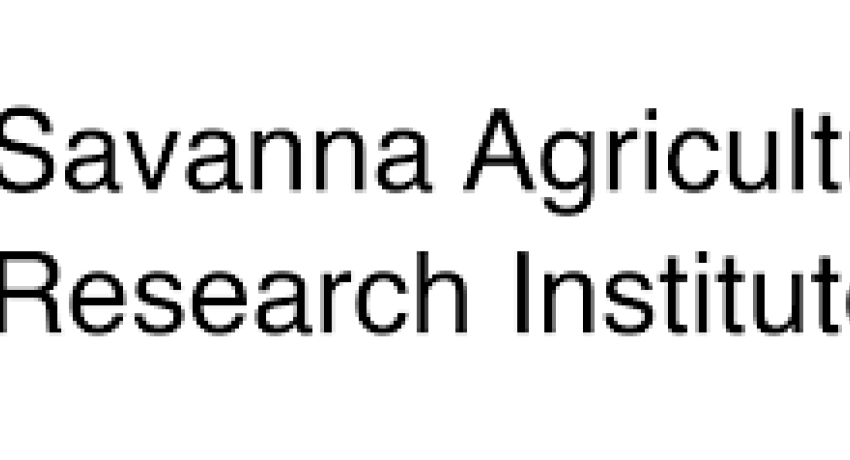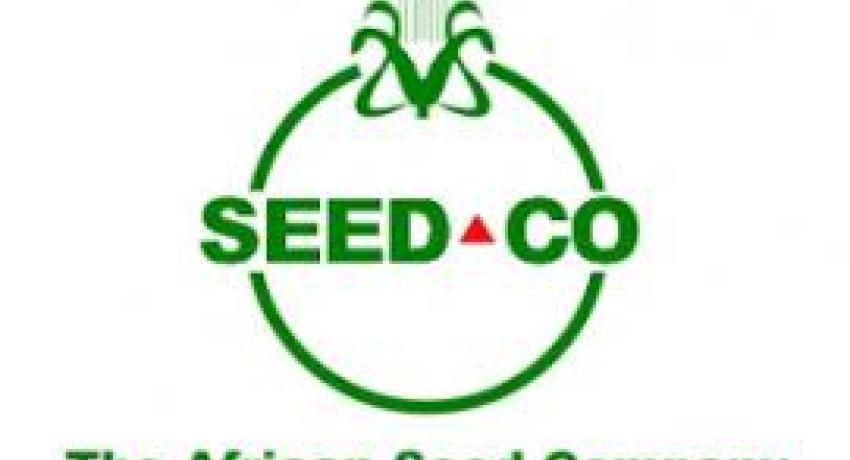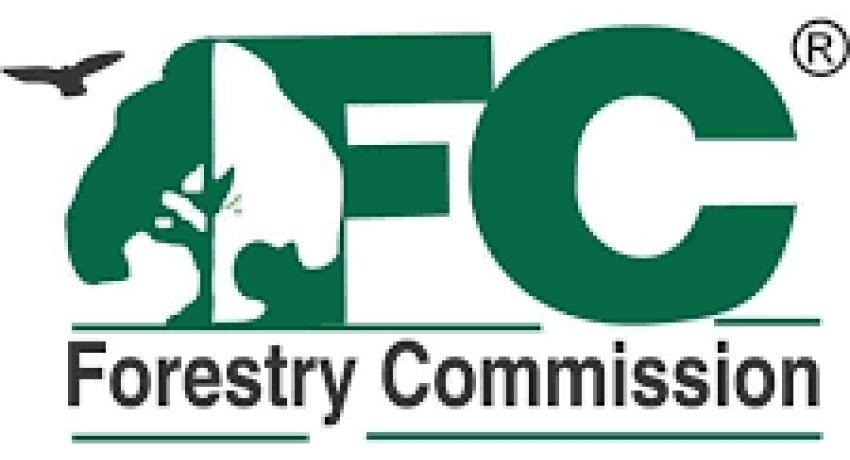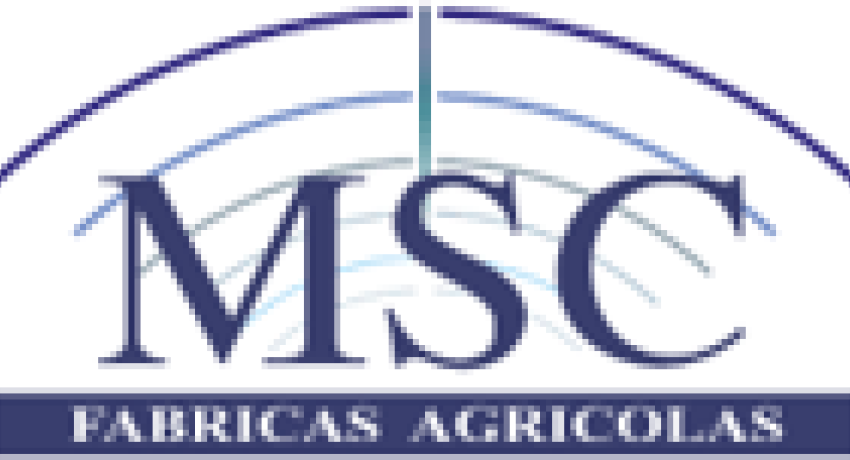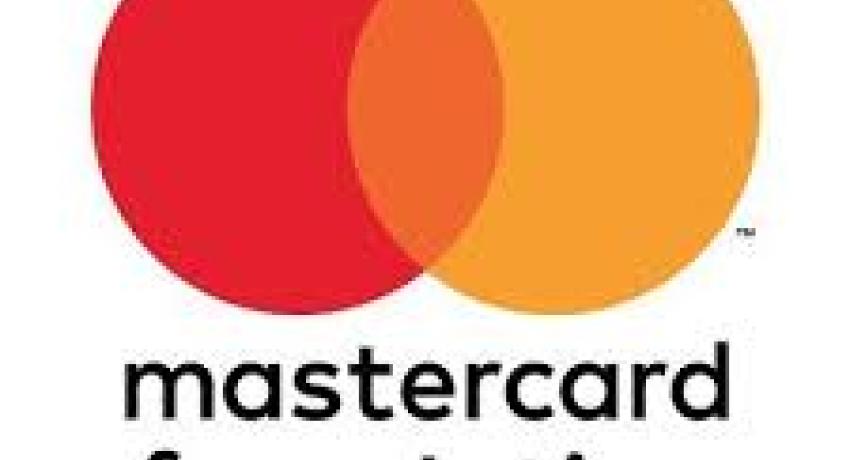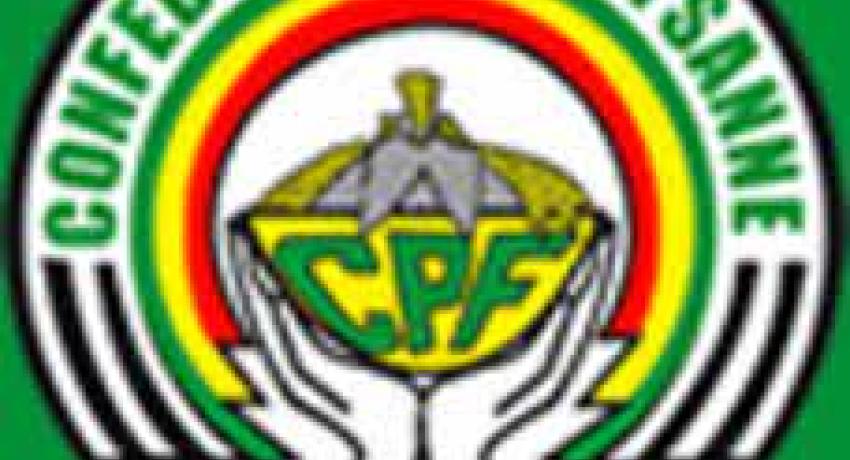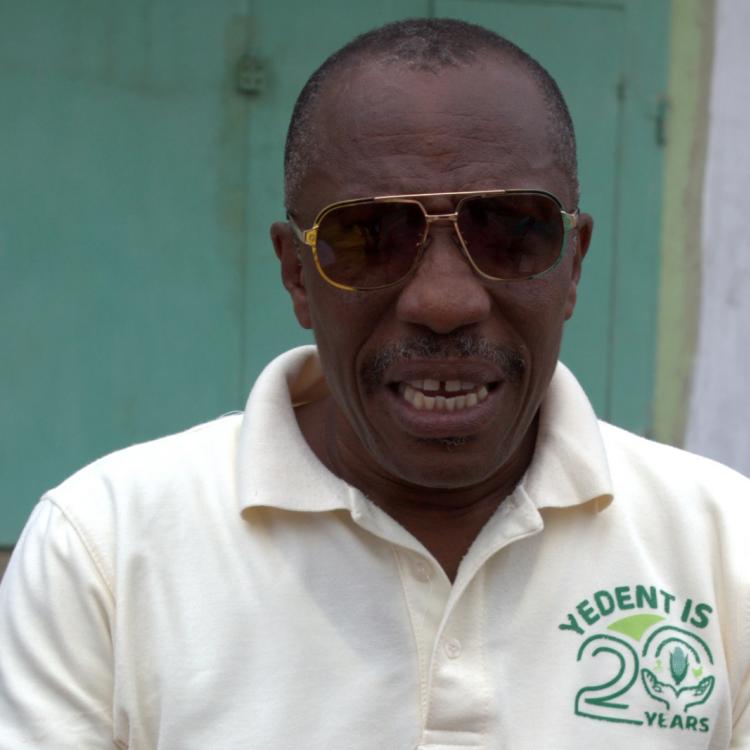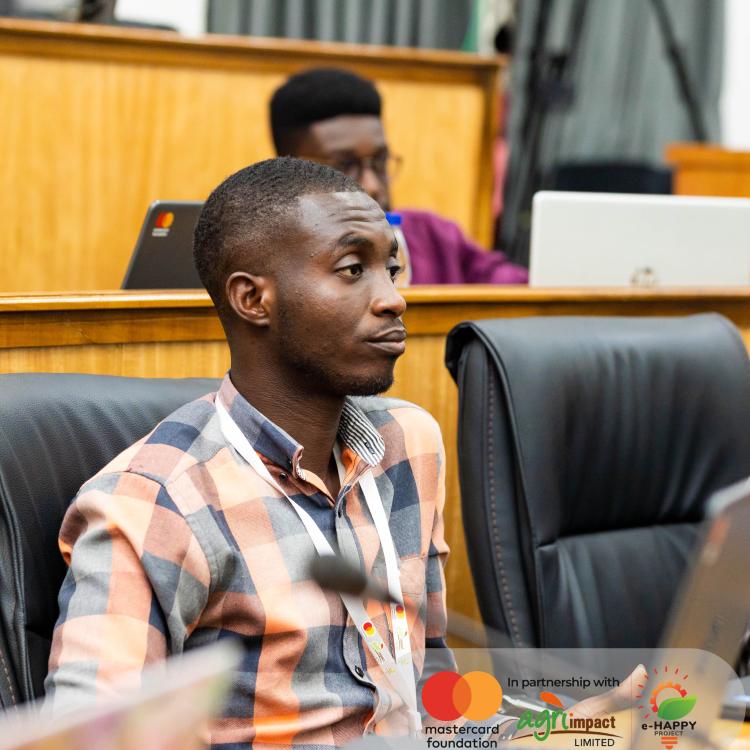Sustainable forest management can be defined as, “conserving the forest to meet the needs of present generations, without compromising the needs of future generations”. It includes the conservation, preservation, restoration, protection, administration, and governance of forest resources. The Ghana Sustainable Forest Management (SFM) Program was a joint effort of five organizations that were connected by a vision of sustainable forest management in Ghana. These organizations were the National Working Group on Forest Certification, Rural Development and Youth Association, the Kumasi Wood Cluster Association, Agri-business in Sustainable Natural African Plant Products (ASNAPP), and Friends of the Earth.
SFM
The Program was jointly developed and implemented by these organisations. The development and implementation of the program was based on the organizations’ belief that, the concerted action of forest sector actors will achieve greater impact in the promotion of sustainable forest management than any individual effort could. Under the programmatic approach, the partnership worked in three clusters namely: Certification, Non- Timber Forest Products and Governance Clusters.
At the heart of the program was the desire for recognition of the voices and rights of the poor and marginalized as a credible stakeholder group in a sector highly influenced by commercial interests and political power. The expected impact of this joint program therefore was the development of the sustainable management of Ghana’s forests, which enhances the rights and interests of the marginalized. In keeping with the programmatic approach, the program combined multiple strategic interventions at multiple levels of the forest sector. These strategies were carried out in relation to the specific objectives they were designed to address.
The Program worked towards the following specific objectives,
- Ensure that Forest certification/FLEGT practices are adopted by forest fringe communities and timber firms in program areas.
- Ensure that Forest fringe communities in program areas gain access to equitable forest benefits through the practice of good governance amongst key forest stakeholders.
- Ensure that Forest fringe communities in program areas realize increased income through the sustainable value chain development of selected non-timber forest products.
The program was developed with the support of the Inter-church Co-operation for Development, ICCO and was expected to last for 36 months. However, ICCO restructured the planned activities after year two of the original contract. Funding was withdrawn for the Certification and Governance Cluster activities. The project provided awareness raising and sensitization training to major stakeholders under the clusters viz:
- Certification Cluster: Under this cluster, the project provided awareness raising and sensitization training to forest stakeholders on timber tracking, chain of custody certification and all other internal wood control systems and their implications for international timber market requirements.
- Governance Cluster: The governance also developed toolkits on VPA and its related forest legislation in Ghana and used them in creating awareness and training for communities, CBOs, radio stations and timber companies. The cluster undertook an inception and sensitisation workshop for stakeholders as well as community forest policy fora. Before the field activities took off, staff were trained on the facilitation of the toolkits.
- NTFP Cluster: The cluster consulted, sensitised, and mobilised members of communities fringing forest reserves in program areas on both the cultivation and wild collection of economic NTFPs like honey, Voacanga, GoP, birds’ eye chilli and introduced them to various actors along the chain of production and sales. For the farmers, a seedling nursery and subsequently, an experimental farm were established for the supply of plant NTFP seedlings and capacity building sites.
Sustainable Forest Management ensured that the goods and services derived from the forest met present-day needs, while at the same time secured their continued availability and contribution to long-term development. In its broadest sense, forest management encompassed the administrative, legal, technical, economic, social, and environmental aspects of the conservation and use of forests.
During the proposal development stage, SFM Program’s Steering Committee was engaged in a process of joint strategizing, program development meetings and individual organizational strategizing over an eight-month period from October 2009 to May 2010, with the support of an external facilitator.

